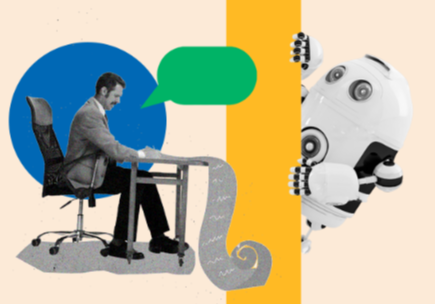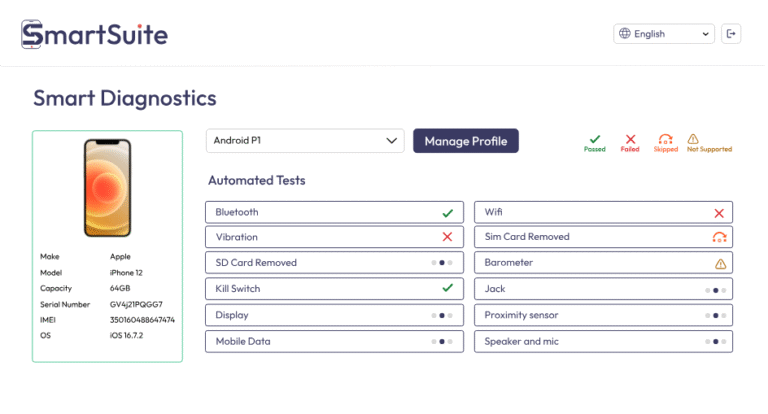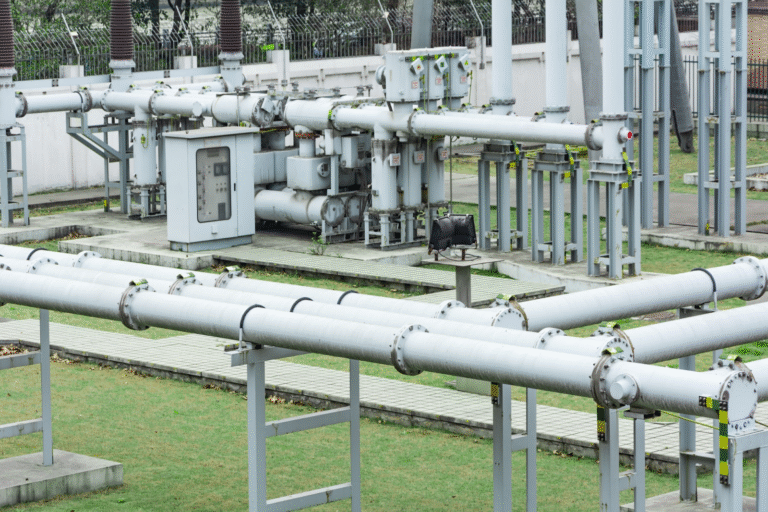How AI Will Impact Jobs in the Next 10 Years
In the coming decade, AI is expected to reshape the landscape of employment significantly. Traditional job roles will evolve as automation takes over routine tasks. This shift will require a workforce that embraces data literacy and emotional intelligence. Organizations may need to rethink their training strategies. What will this new balance between human creativity and machine efficiency mean for job satisfaction and workplace dynamics? The answers may redefine the future of work as we know it.
The Evolution of Job Roles in an AI-Driven World
As artificial intelligence continues to reshape the landscape of work, the evolution of job roles emerges as a pivotal area of exploration.
Job transformation accelerates as role automation redefines traditional tasks, prompting a reimagining of human contributions. This shift challenges individuals to embrace adaptability, envisioning futures where creativity and emotional intelligence flourish alongside machines.
Ultimately, this fosters a new environment that prioritizes freedom and innovative potential.
Read more: Can Tech Solve the Climate Crisis?
Skills in Demand: Adapting to an AI-Enhanced Workforce
The integration of artificial intelligence into the workforce necessitates a reevaluation of the skills deemed valuable in this evolving landscape.
In the future, data literacy will be crucial for interpreting AI-generated insights, while emotional intelligence will differentiate human workers by fostering collaboration and empathy.
As automation reshapes roles, adaptability and a blend of technical and interpersonal skills will define success in this new paradigm.
Navigating Challenges: Strategies for Workers in the Age of AI
While many workers face uncertainty in an increasingly automated world, strategic approaches can empower them to thrive alongside AI technologies.
Embracing the gig economy allows for flexibility, enabling individuals to pursue diverse opportunities.
Additionally, honing skills in remote collaboration fosters adaptability.
Conclusion
As the sun rises on a new era of work, the landscape will shimmer with opportunities forged by the fusion of human ingenuity and artificial intelligence. Workers will navigate this vibrant terrain, armed with skills that blend creativity and data fluency. The path may twist with challenges, but through continual learning and collaboration, the workforce will flourish, crafting a future where the symphony of human and machine creates harmonies of innovation and satisfaction in every role.






